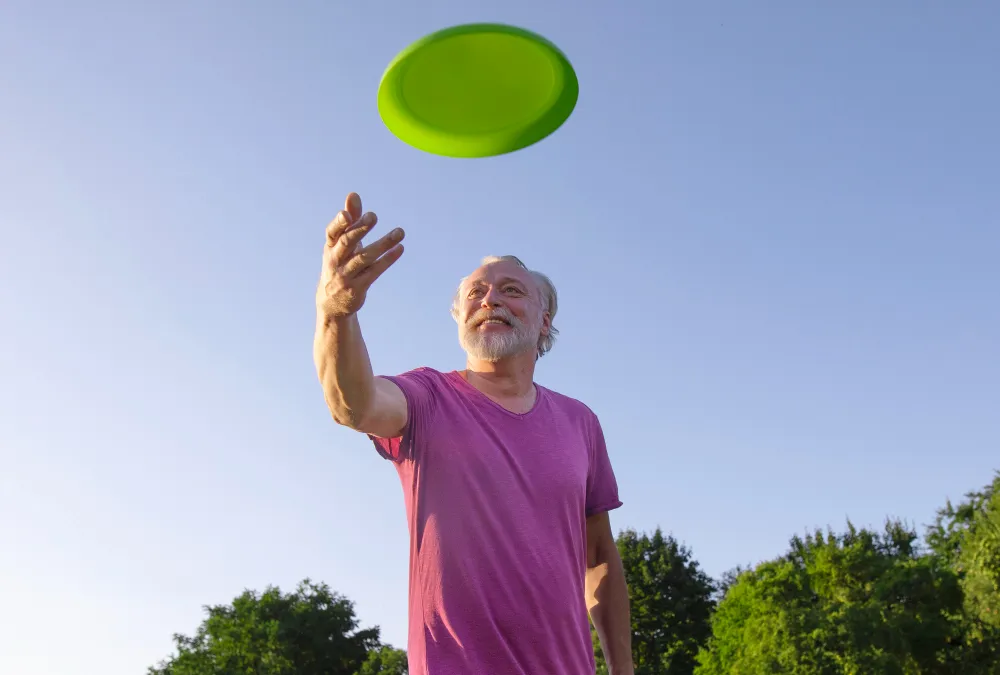
Adaptive sports and recreation activities are becoming more popular for seniors, due to the numerous physical and mental benefits they offer. Studies have shown that engagement in physical activity is key to maintaining physical and mental health in aging adults, and adaptive sports and activities are ideal ways to stay fit and engaged.
Adaptive sports and recreation activities are generally defined as activities that are modified, or adapted, so that they are easy and safe for seniors to participate in. This can include activities such as chair yoga, seated volleyball, tai chi, golfing with adapted equipment, and more. Adaptive sports activities are often led by experienced instructors who have specific knowledge of how to adjust activities for participants’ safety and comfort.
Benefits of adaptive sports and recreation for seniors include improving balance, increasing strength and endurance, and managing chronic conditions. Connecting with other seniors and engaging in social activities is also beneficial, and adaptive sports and recreation can provide an excellent opportunity for interconnectedness. Additionally, experimenting with new activities can contribute to a sense of accomplishment, stimulate the mind, and enhance overall quality of life.
Adaptive Activities for Seniors
Adaptive sports and recreation activities are becoming more common across the U.S., and many classes and programs are available for seniors. Organizations such as the National Council for Aging Care have compiled lists of local adaptive activities for seniors, and many area recreation centers now offer classes specifically tailored to older participants. Organizations such as the American Heart Association are also a good source of information on adaptive sports and activities for seniors.
It’s important that seniors consult with their doctor or healthcare provider before participating in any physical activity, as certain conditions may require modifications or certain activities may be unsafe. Additionally, checking with the local recreation center or program leader is a great way to get an understanding of the activities available and how they may be tailored specifically for older adults.
Adaptive Sports and Recreation for Increased Well-Being
Adaptive sports and recreation activities can be fun and helpful for seniors looking to improve physical and mental health. Participating in activities with a group can provide opportunities for social connection, and it can be a great way to experience a sense of accomplishment. Whether an individual is looking to become more active, cope with chronic conditions, or just have fun, adaptive activities are great ways for seniors to stay engaged and improve overall well-being.
